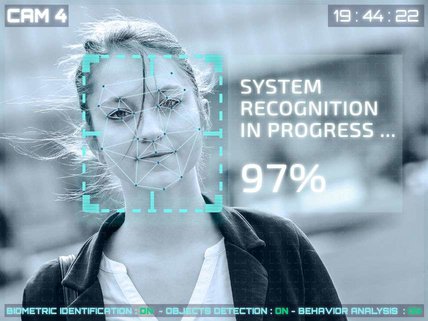
Oakland Privacy recognized the dangers of facial recognition technology (FRT) years before legislative restrictions began being put in place, discussed it at meetings in 2017 and began writing articles about it as it began to come to prominence in the national news (e.g. https://oaklandprivacy.org/35-civil-rights-organizations-tell-amazon-to-get-out-of-the-facial-recognition-business/)
In August of 2018, BART proposed a massive surveillance system with FRT, but with the passage of a Surveillance Equipment Regulation Ordinance (SERO) in September, 2018 (in large part due to work done by current and former Oakland Privacy peeps), the FRT components were not implemented (and would have to come before the BART board to be implemented).
In coalition with others, Oakland Privacy began pushing for a facial recognition ban by City government employees in San Francisco, and in early 2019 such legislation was introduced. In May, 2019, San Francisco passed that ban, along with a SERO. This was followed quickly by bans in Oakland (June, 2019) and Berkeley (October, 2019).
Oakland Privacy also worked on Sacramento legislation to put a moratorium on any use of facial recognition through police body cameras; this passed and went into effect on Jan 1, 2020.
In 2020, the City of Santa Cruz passed a facial recognition ban, in large part due to work by an Oakland Privacy member. In August, Portland, ME passed an FRT ban.
In consultation with Oakland Privacy, groups worked tirelessly in Portland, OR to get an FRT ban passed and in Sept, 2020, they succeeded spectacularly, not only getting a ban against government use but also imposing a ban against commercial use in public spaces.
Oakland Privacy continues to work in coalition with national, statewide and local groups to impose further bans and stricter regulations for FRT.
